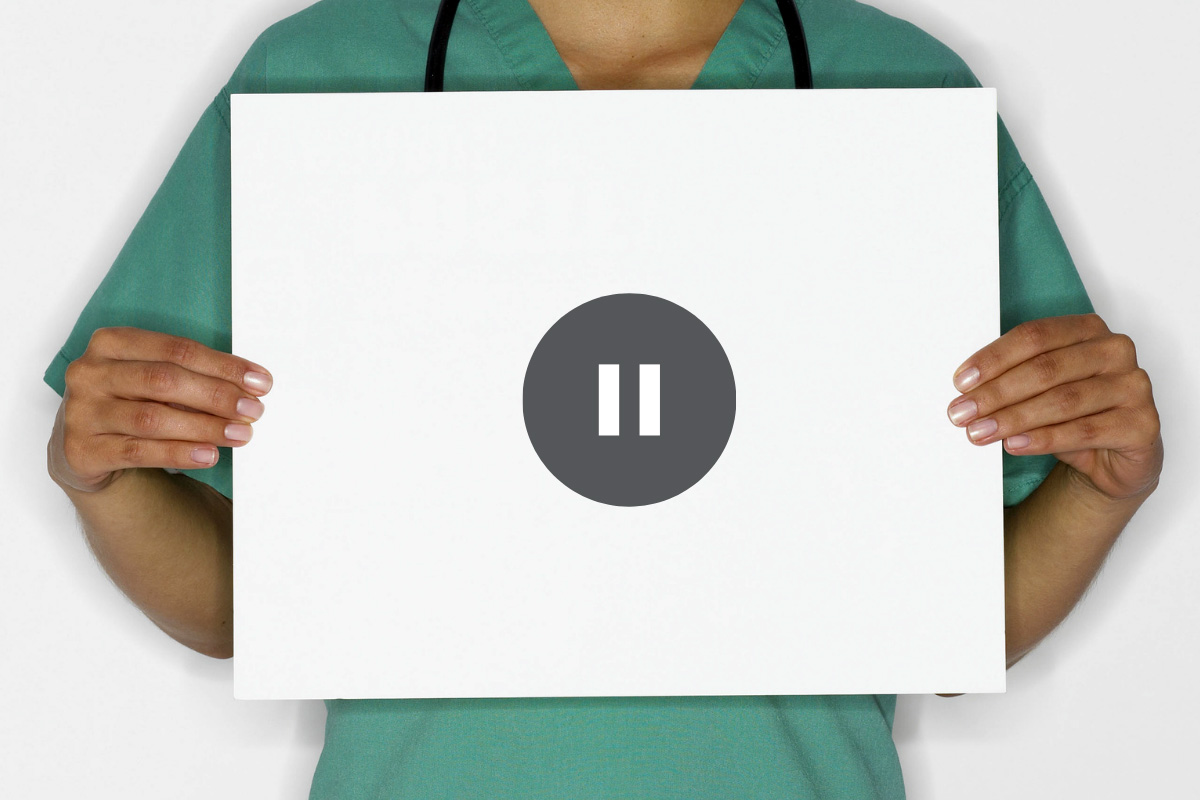Debriefing is a term you might associate with military troops gathering together after returning from the battlefield. Think of soldiers meeting for the opportunity to be heard and to decompress after the emotional highs and lows they’ve just experienced.
Increasingly, health care organizations are turning to the debriefing model to support their frontline staff in a pandemic that, for many, can feel a lot like the stress of being in combat.
“We always talk up self-care in health care, that saying of always putting your oxygen mask on first, but it’s hard to stop and pause,” says Meredith Sinel LICSW, manager of social work and chaplains at HopeHealth.
“There’s a fear and a guilt feeling that if I stop even for a few minutes, that’s time that I’m not giving to my patients.”
The emotional demands of professional caregiving
But taking time out to address the emotional demands of being a professional caregiver is essential to maintaining wellbeing and preserving the high-quality care delivered to patients.
Meredith and two other master’s level clinician colleagues are playing a key role in a new initiative to give HopeHealth clinical care teams the time to talk about difficult cases they are encountering and to support each other. The initiative is called Professional Pause, and it uses a debriefing model developed by the Center to Advance Palliative Care.
Meredith, along with Pediatric Palliative Program Manager Lindsay Coe, MSW, LCSW, and Grief Support Manager Sarah DeCosta, LMHC, participated in training sessions last August to learn about the debriefing process. Then they recruited and trained a total of 18 staff members to facilitate small group discussions. The facilitators come from different disciplines and are assigned to care teams other than their own.
Since last October, care teams have been meeting virtually in small groups for Professional Pause once a month.
“We looked for facilitators who had strong emotional intelligence, who were going to be able to use their own insight into their own reactions when debriefing,” says Director of Clinical Outreach Services Deanna Upchurch, who organized the Professional Pause program.
Medical Director Mercedes Pacheco, MD, co-facilitates a group one Thursday morning a month along with Chaplain Mary Ellen Herx, M.Div. Their group draws a half dozen regular attendees, and a few new members typically show up too.
“My impression is that it is helpful for the folks who attend it,” Mercedes says. “The quality of sharing is very authentic and heartful. My sense is that they derive benefit from supporting each other in this way and it seems it further solidifies their sense of not carrying the challenges of doing this work alone.”

